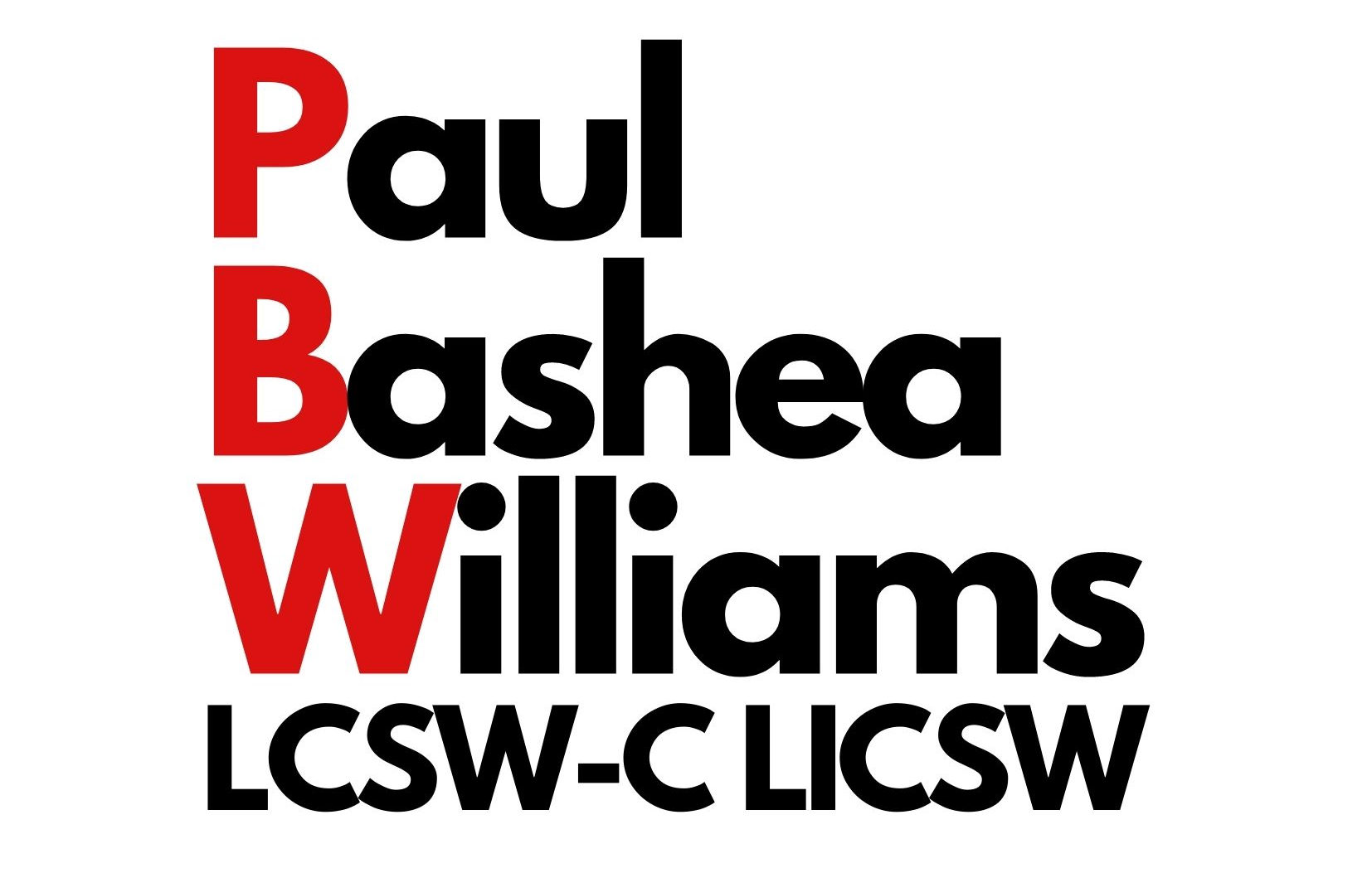By
DaVett Jones P3 Financial Group Knoxville
Everyone is concerned with the size of their debt. Between mortgages, credit cards and student loans most of our finances are consumed by debt. Most people look negatively on all monies owed and become anxious to pay off everything. As you should with bad debts, such as credit cards and title loans usually taken on for trivial reasons that may charge the borrower double-digit interest. But are all debts bad?
The logic that says “I want to be debt free, buy everything with cash and maintain a 750 credit score” is amusing to me. Most people want to become members of the 700/800 club, but what we often forget is how one handles your debt over time determines the creditworthiness of a person. This person has shown their ability to pay bills over time. Payment history accounts for 35% of a credit score. In other words, your credit score works in concerto with debt. Here are a few thoughts to put a few fears of debt in perspective.
What’s Good Debt?
Meaning debt that improves an individual’s financial position. Good debt should allow you to make more money long term. Hopefully, more than you borrowed.
Student loans are considered good debt. When applying for a student loan you should research the anticipated income and the future demand from your desired career. Check Kiplinger’s report of the Worst College Majors and Rankings. Even if you have already accumulated excessive debt via student loans, you may get a few ideas of more lucrative careers that align with your major which could increase your income and alleviate the student loan debt stress. Also, remember, you may be able to deduct interest paid during the remaining period of your student loan. This could be very beneficial when you’re in a higher income tax bracket.
Mortgage debt is the largest debt for most people. Even the average new retiree carries $100,000 in home loan debt. Why? Because only a small percentage of the population can afford to buy a home without a loan. The reality is that the value of real estate increases at, if not just a little over, the rate of inflation. When you factor in the value of use that comes with ownership over the long term, it allows a homeowner to leverage appreciated equity multiple times or sell at a far greater return. That certainly amounts to good debt for most people.
Tom Anderson, an executive director of wealth management at Morgan Stanley and best-selling author of ‘The Value of Debt in Retirement’ says, “The second you pay down your house, it’s a one-way liquidity trap. Let’s say I have a $100,000 mortgage and I put down $50,000 on it and I retire. Can I immediately access that $50,000? I can’t.”
Have you heard of Enriching Debt?
Tom Anderson, also identifies three kinds of indebtedness. Oppressive debt is debt at 10% or greater interest, a payday loan being a classic example. Working debt comes with much less interest and may be tax-deductible (mortgage payments), so it may be worth carrying. Anderson uses the phrase enriching debt to describe debt that you’re choosing to strategically have but that you can pay off at any point in time. In the enriching debt model, an individual “captures the spread” by running your debt like a corporation board would. (This requires some serious budgeting people. SN – I have been enjoying this budgeting app called Mint. Everyone should have a budget and review it multiple times a week (PERIOD.)
The theory of credit utilization ratio is helpful too. For example, if you owe $1,000 on your credit card that has a $10,000 credit limit, your ratio is pretty low at only 10 percent. But if you owe $5,000 on that credit card, your ratio jumps to 50 percent, which can damage your credit score. Aim for a credit utilization ratio of 30 % or lower. And don’t rush to close older card older accounts. Another thing that keeps your credit score higher is having active accounts with a long history.
Want to help your teen build their credit score?
Making her (or him) an authorized user on a parent account that you can control is a good way to help them build a positive credit history. Just remember: If you have a bad credit history, it could reflect poorly on your teen. And if your teen owes money on the credit card, that means you owe money too.
What should you do with a windfall?
Obtained a settlement or an inheritance? Either pay off all debts smallest to largest or pay off your highest interest debts first. Either way, this most likely means you would pay off the credit cards before the house. Keep the real goal in mind. Maintaining generational wealth, not reducing debt, should be your ultimate objective. Some debt reduction /consolidation planners obsess on getting you out of debt, but that is only half the story. Minimizing debt is great, but maximizing wealth is even better.
The cold hard fact is you may always have some kind of debt. And that’s ok if you’re managing it appropriately. The years from 50-59 may represent the peak earning years for an individual, yet they may also bring peak indebtedness with money going out for everything from mortgage payments to elder care to child support. 81% of pre-retirees still financially support their adult children. It’s in your best interest to ensure your retirement income is large enough to cover those obligations.
To learn how to build wealth and reduce debt at the same time, find a good financial advisor who can show you ways toward financial freedom.
(Image credit: p3financialgroup.com)




